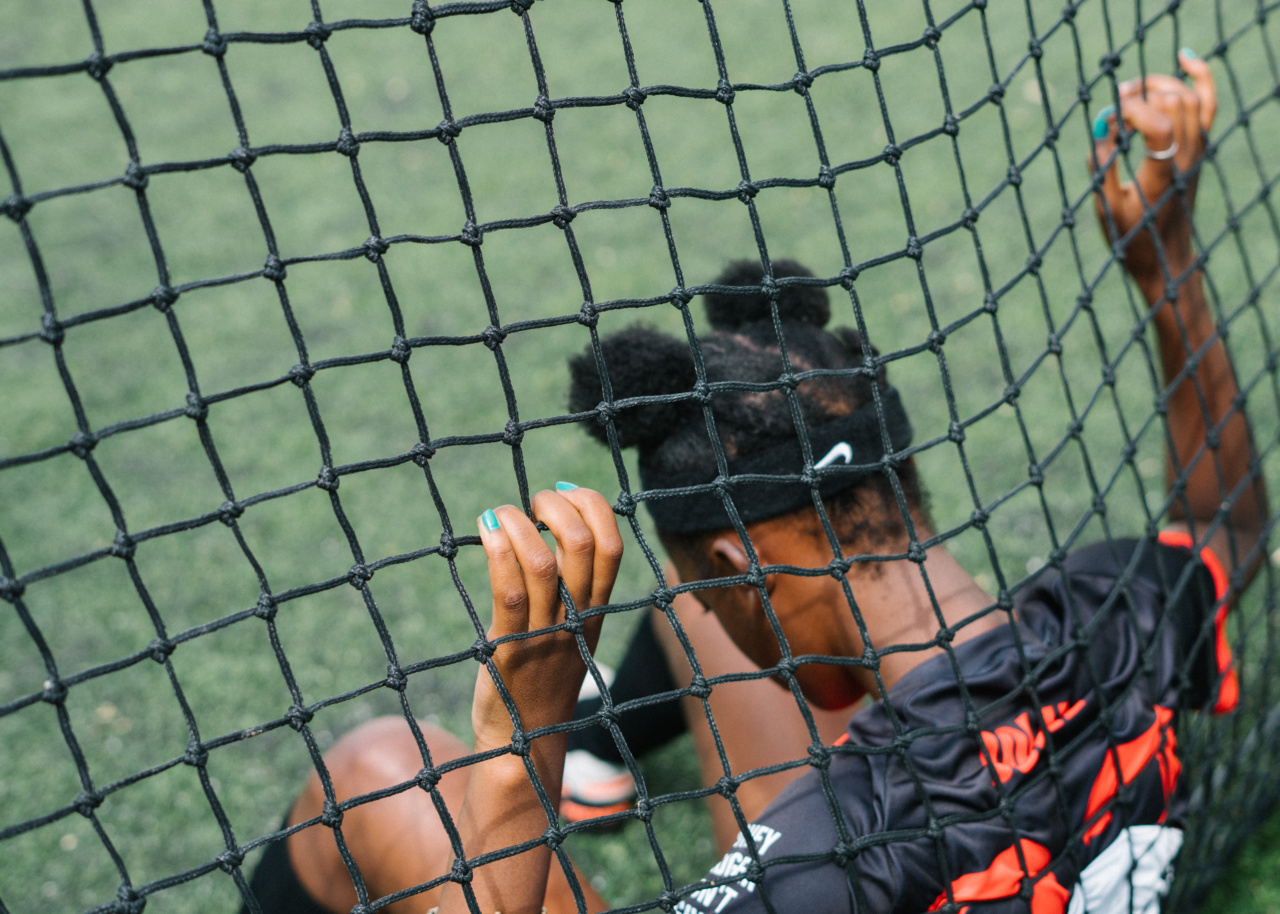Introducing children to sports at an appropriate age can have numerous benefits for their physical, mental, and social development.
Sports provide children with opportunities to engage in physical activity, learn important life skills, and build new friendships. However, determining the ideal time to start a child in sports can be a challenging decision for parents. While it is never too late to begin participating in sports, early introduction to sports can be particularly advantageous.
In this article, we will explore the benefits and considerations of introducing children to sports at different ages.
The Benefits of Early Introduction to Sports
Starting a child in sports at a young age offers several benefits:.
Physical Development
Engaging in sports activities from an early age promotes a child’s physical development. Regular physical activity helps in developing strength, coordination, and agility.
Participating in sports involves various movements that contribute to the development of motor skills, flexibility, and overall physical fitness. Early exposure to sports can lay the foundation for a healthy and active lifestyle as the child grows.
Mental Development
Sports also play a significant role in the mental development of children. By participating in sports, children learn essential life skills such as discipline, perseverance, goal-setting, teamwork, and time management.
These skills are not only beneficial in sports but also translate into other areas of life, such as academics and future careers. Early exposure to sports can help in nurturing a child’s mental strength and resilience.
Social Development
Participation in sports provides children with numerous opportunities to socialize, make friends, and develop teamwork skills. Through team sports, children learn how to collaborate, communicate, and cooperate with others towards a common goal.
They also learn to respect their teammates and opponents, enhancing their interpersonal skills. Early involvement in sports can foster positive social interactions and help children build lifelong friendships.
Considerations for Different Age Groups
While early introduction to sports can be highly beneficial, certain considerations should be made for different age groups:.
Preschool Age (3-5 years)
During the preschool age, children are still developing their fundamental motor skills. It is important to focus on activities that allow them to explore different movements and develop coordination.
Introducing them to unstructured play or basic sports fundamentals can be a great way to foster their interest in sports without overwhelming them with structured competition.
Elementary School Age (6-11 years)
Elementary school age is an ideal time for children to be introduced to organized sports. At this stage, they have refined their fundamental motor skills, and their cognitive abilities allow them to understand basic game concepts and adhere to rules.
Participating in team sports or individual sports can help them learn sportsmanship, teamwork, and enhance their physical and mental development.
Middle School Age (12-14 years)
During middle school age, children experience significant physical and hormonal changes. These changes may impact their skill development and overall interest in sports.
Although it is still an appropriate time to continue participating in sports, it is essential to allow them some autonomy in choosing the sports activities they want to pursue. Encouraging their participation in both team and individual sports can help them find their passion and maintain their involvement in sports.
High School Age (15-18 years)
High school age is a critical time when many young athletes start to excel in their chosen sports. At this stage, children may need to make difficult choices regarding their level of commitment to sports.
Balancing academics, extracurricular activities, and other commitments can become challenging. It is important to support their physical and mental well-being by maintaining a healthy balance and ensuring they have adequate rest and recovery between training and competitions.
Conclusion
In conclusion, the best time to start a child in sports is during their early developmental years. The benefits of sports participation, including physical, mental, and social development, are numerous.
However, it is important to consider the specific age group and individual preferences of the child when introducing them to sports. Providing opportunities for unstructured play, fundamental skill development, and gradually progressing to organized sports can create a positive and enriching sports experience for children at each stage of their development.































